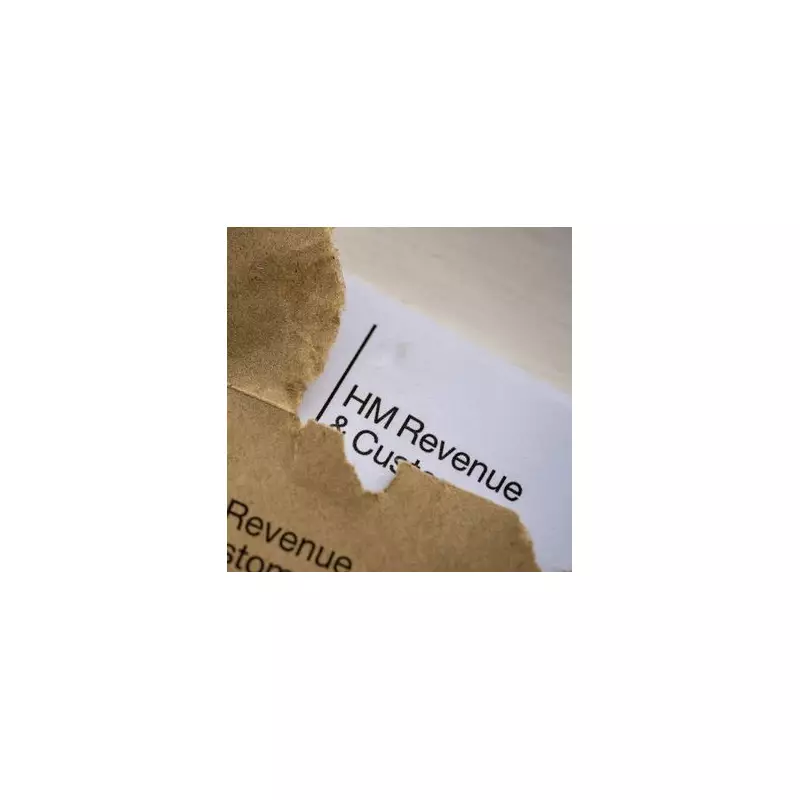
In a move that's sending shockwaves through personal finance circles, HM Revenue & Customs has confirmed it's targeting a staggering 300,000 bank and building society accounts in a major tax recovery operation.
The Powers Behind the Purge
HMRC is deploying its controversial 'direct recovery of debts' powers, allowing the tax authority to dip directly into accounts where it suspects tax underpayment. This isn't a theoretical threat - the department has confirmed it's actively monitoring hundreds of thousands of accounts right now.
Who's Most at Risk?
The crackdown primarily targets individuals with savings between £5,000 and £20,000 who HMRC believes owe tax on their interest. With rising interest rates pushing savings returns higher, many Britons may unknowingly have crossed tax thresholds without realising their obligations.
The Protection Measures in Place
Before any money is taken, HMRC must follow strict safeguards:
- Always leave at least £5,000 across all accounts
- Provide multiple warnings before taking action
- Allow for appeals and hardship claims
Why This Matters Now
The timing couldn't be more significant. With the personal savings allowance frozen since 2016, more people are being dragged into tax territory due to inflation and higher interest rates. Basic rate taxpayers can earn £1,000 in savings interest tax-free, while higher rate taxpayers get just £500.
What You Need to Do
Financial experts are urging savers to take immediate action:
- Check your savings interest statements carefully
- Review your tax position if you have significant savings
- Ensure HMRC has your current contact details
- Consider spreading savings across tax-efficient ISAs
The message is clear: in today's economic climate, assuming your savings are tax-free could be a costly mistake. With HMRC's new digital capabilities, the days of flying under the tax radar are rapidly disappearing.





